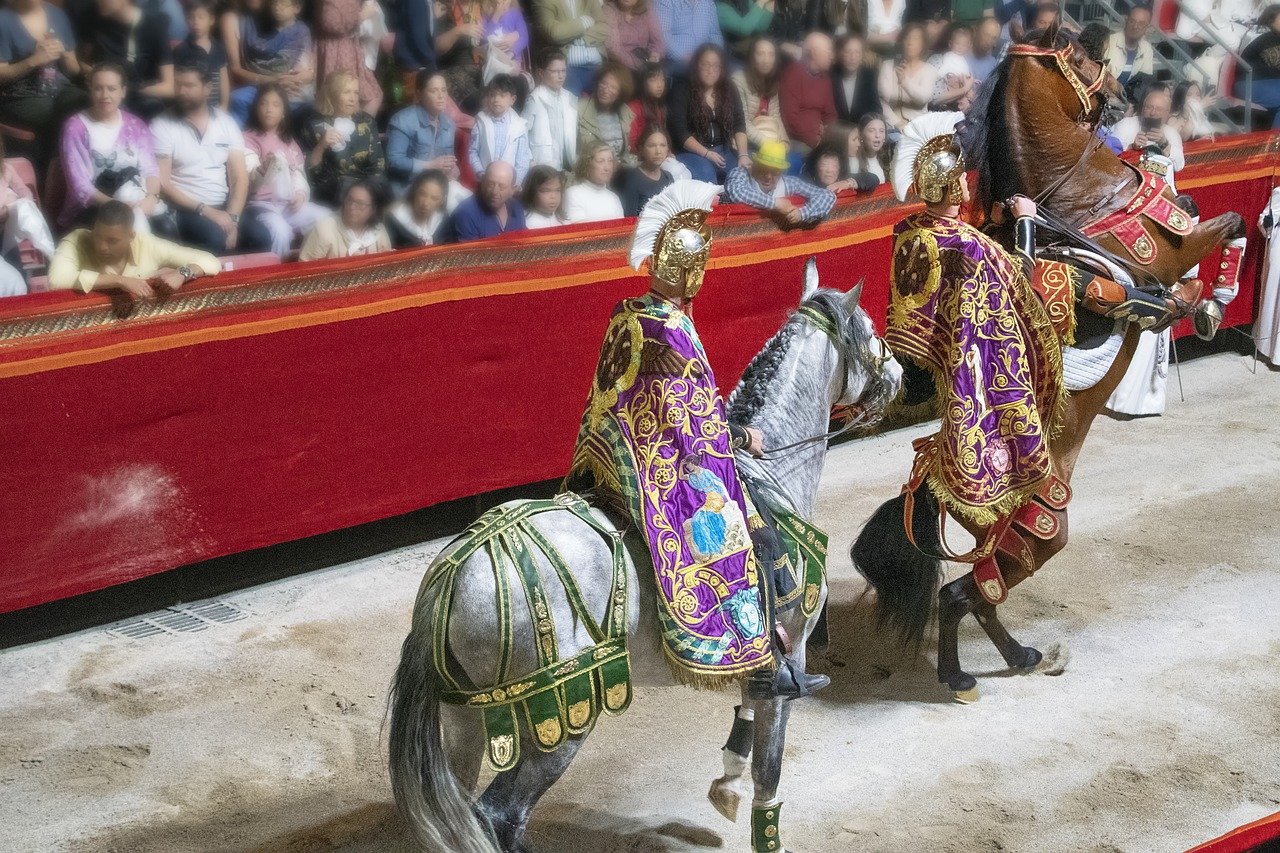The ancient Romans viewed the world as animated by a divine essence (numen, plural: numina) that infused every object with life. This notion extended even to inanimate entities such as rocks and trees, reflecting a rich history of animistic belief that considered various elements of nature to possess their own spirits. These spirits were seen as guardians or potential threats to the inhabitants of their environment, encompassing places, natural features like rivers and springs, and even specific parts of homes.
Spiritual Guardianship
Among the spirits, earth spirits, referred to as chthonic forces, had never taken human form, contrasting with those of deceased individuals—ancestors, recently departed souls, and the deceased in general—who were believed to exert influence over the living. The interplay between these spirits and the daily activities of Romans was crucial; reverence and acknowledgment were essential to maintaining harmony. Rituals and thanks for their bounties were integral to family life, emphasizing the importance of daily honoring of these spiritual entities.
Religion as a State Matter
In ancient Rome, religion was intertwined with state affairs, perceived as essential for the wellbeing and success of the realm. Participation in public rituals and festivals was not merely encouraged but required, as the gods were thought to directly influence the state’s prosperity. Yet, it seems that communal commitment to tending to household spirits was deeply rooted among Romans without the need for external mandates. The consequences for neglecting these spirits were immediate; a family that celebrated and honored the spirits would thrive, while those who ignored them faced difficulties.
State-sponsored festivities celebrated major deities including Jupiter, Juno, Mars, and Saturn. However, the everyday lives of individuals were more profoundly influenced by the spirits of the home and deceased family members. Public duties for honoring the gods were managed by various priestly roles, but the responsibility for domestic rituals largely fell to the head of each household, suggesting a personal duty to honor household spirits that far outweighed occasional public sacrifices to greater deities.
Diverse Spirits of Everyday Life
Roman spiritual beliefs encompassed an array of individual spirits that had significant roles in daily existence, including:
- Panes & Penates: Spirits of the pantry and kitchen, ensuring food security and overall harmony within the home. Rituals were performed to honor them during meals, with offerings made from the family’s food.
- Lares: Initially considered to be guardians and spirits of ancestors, evolving throughout Roman history. They required daily acknowledgment through a dedicated home shrine known as lararium.
- Parentes: Spirits of immediate family members who had died, honored at festivals like Parentalia to acknowledge both the living and the dead of one’s family.
-
Manes: The spirits of all deceased individuals, who could be designated as specific lares or parentes by their living descendants, fostering a continued bond with family members.
-
Lemures: Restless spirits who became upset due to neglect and improper rites, often requiring specific rituals to curb their discontent, akin to what contemporary interpretations might refer to as poltergeists.
Connection to the Home
The spirits also included:
- Genius: The spirit of manhood associated with the head of the household, honored on his birthday and thought to facilitate familial well-being.
-
Genius Loci: The specific spirit of the physical ground or structure of one’s home, playing a critical role in domestic happiness alongside the household genius.
-
Umbrae: Ghosts that lacked clear demarcation as good or evil, their meanings interpreted based on context and awareness of their visitation by the living.
Conclusion: Everyday Spirituality
Throughout their lives, Romans navigated the influence of these spirits. While traditions shadowed the peripheries of spiritual thought, the living were driven to respect and celebrate these forces that governed their existence. Even in death, it was believed the dead transitioned into divine states rather than becoming subjects of obsession in the lives of the living. Consequently, funerals focused on the family’s ongoing life, emphasizing the need for protective spirits in the daily world rather than around the moment of death itself.
In their pursuit of prosperity and protection, Romans would cultivate daily respects for the spirits of their homes and ancestors, understanding that neglect could invoke misfortune, reinforcing a deeper connection to household faith and tradition that transcended mere ritual.



